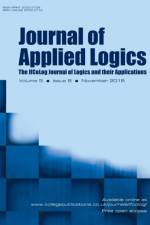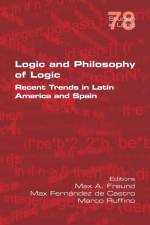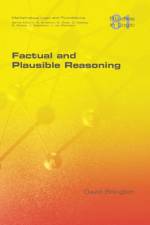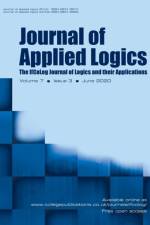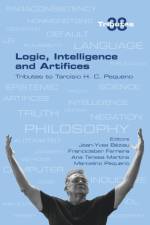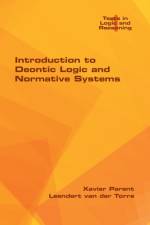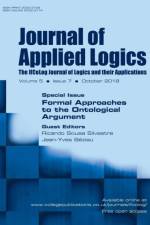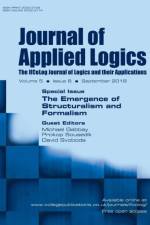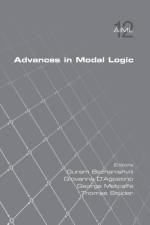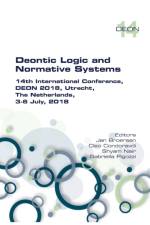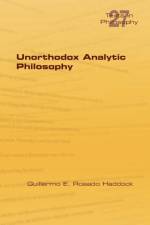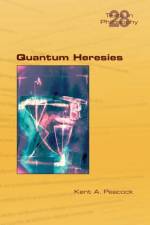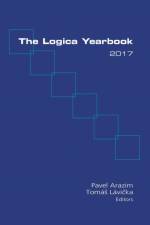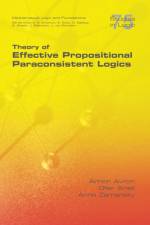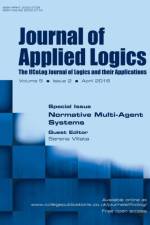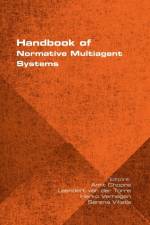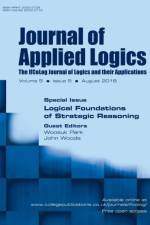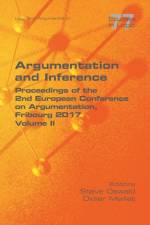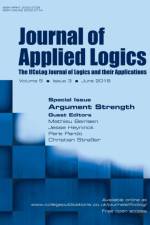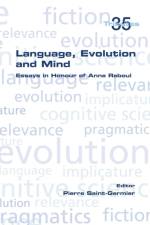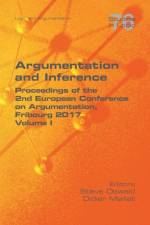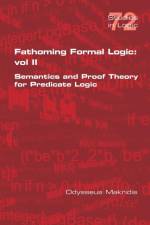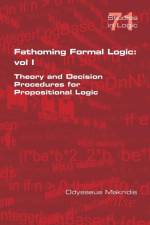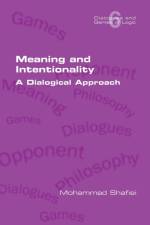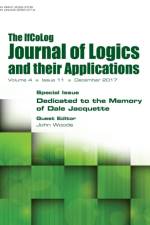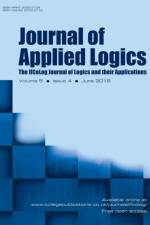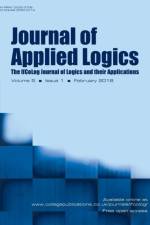- Proceedings of the 2nd European Conference on Argumentation
39,00 €
This is Volume I of the proceedings of the 2nd European Conference on Argumentation: Argumentation and Inference, held at the University of Fribourg, Switzerland, in June 2017. The European Conference on Argumentation (ECA) is an established pan-European initiative aiming to consolidate and advance various streaks of research into argumentation and reasoning: philosophy, communication, linguistics, discourse analysis, computer science, psychology, cognitive studies, legal theory, etc. These proceedings reflect the current state of the art of argumentation scholarship across these disciplines and, as such, are a testimony to the vigour of the field. A majority of contributions presented in these volumes frontally tackle the conference theme, thereby offering a valuable and focused discussion on various aspects of inference and on its role in argumentative practices to scholars interested in the topic but also, more broadly, in argumentation theory.This is Volume I of the proceedings of the 2nd European Conference on Argumentation: Argumentation and Inference, held at the University of Fribourg, Switzerland, in June 2017. The European Conference on Argumentation (ECA) is an established pan-European initiative aiming to consolidate and advance various streaks of research into argumentation and reasoning: philosophy, communication, linguistics, discourse analysis, computer science, psychology, cognitive studies, legal theory, etc. These proceedings reflect the current state of the art of argumentation scholarship across these disciplines and, as such, are a testimony to the vigour of the field. A majority of contributions presented in these volumes frontally tackle the conference theme, thereby offering a valuable and focused discussion on various aspects of inference and on its role in argumentative practices to scholars interested in the topic but also, more broadly, in argumentation theory.

